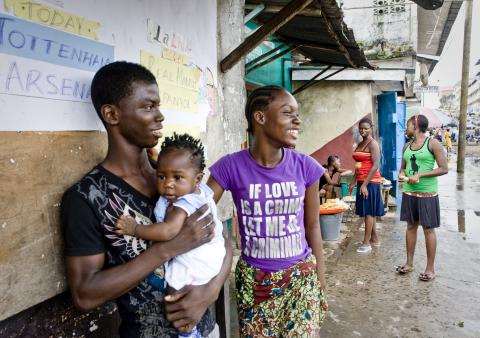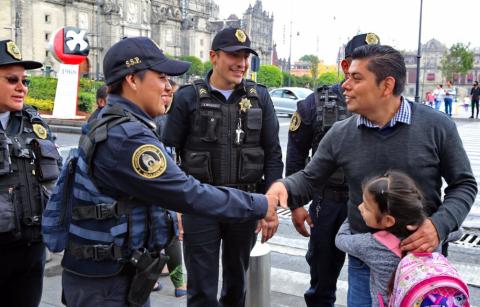Research Findings
Employment has psychosocial value among refugees in Cox’s Bazaar
Read More

Behavioral therapy and cash transfers reduced criminal behavior among high-risk men in Liberia
Read More

Peace & Recovery Funded Projects
Read More

Displaced Livelihoods Initiative Funded Projects
Read More
Related Content
Peace & Recovery Initiative
Building the evidence base on reducing violence and fragility, promoting peace, building social cohesion, and preventing, managing, and recovering from crises
Displaced Livelihoods Initiative
Supporting new evidence on the impacts of livelihoods programs for displaced populations and host communities
Humanitarian Protection Initiative
Generating research to improve protection outcomes for conflict-affected populations
Citizen Security Research Initiative
Advancing the evidence base on the most effective strategies to strengthen justice systems and counter organized crime, drug trafficking, corruption, and weak institutions












